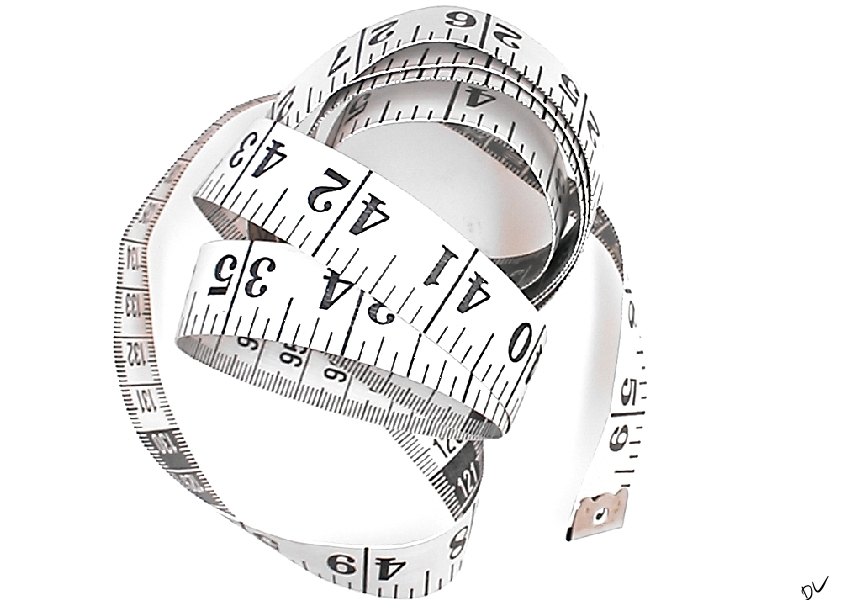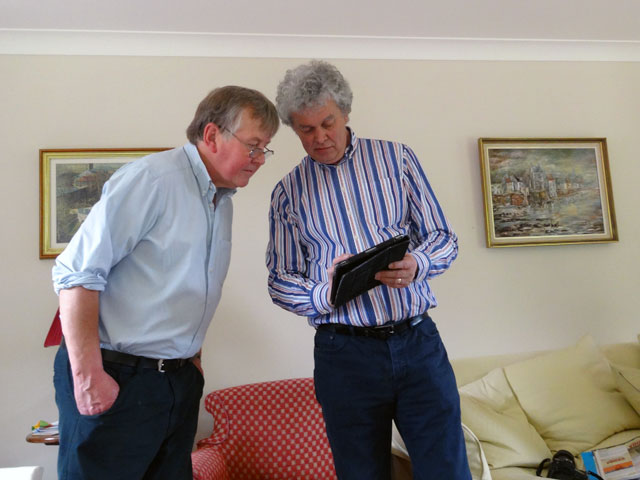Some of the greatest life wisdom is articulated by the dying. In her book The Top Five Regrets of the Dying, Bronnie Ware shares what she has learned about the dying by serving as a caregiver to many. She notes, “of all of the regrets and lessons shared with me as I sat beside their beds, the regret of not having lived a life true to themselves was the most common one of all. It was also the one that caused the most frustration, as the client’s realization came too late.”
So, what does it mean to be true to yourself? A lot of people throw around the term ‘authenticity’ to describe it. On some level this term suggests that there is a truth that resides within each of us that is unique to our specific being. It also implies that there is an opportunity to somehow maximize the experience of living our life and meeting our death that involves being attuned to that truth and living a life that is a reflection of that truth. But, how do we do this? How is that different from simply living and doing the best we can? What does it look like? What does it feel like?
In the process of living, we come to know things about ourselves – experiences we love and those that leave us unengaged. We discover certain talents, abilities, and inclinations within us. My favorite food group will always be chocolate, for example, that’s simply not negotiable. Each of us will have different preferences from the same menu in a restaurant – or the de jour offerings of a given day. As time goes by, if we pay attention – if we listen to that pure, inner voice that simply says an enthusiastic ‘yes!’ or an emphatic ‘no!’ – we come to learn that that voice seems to have our best interest in mind. It is not the voice of our ego preferences or greed. It comes from a far deeper place than that – I sense mine in the area of my solar plexis.
The real challenge is that there are other voices that we hear too and our inner voice of truth often gets lost in the shuffle. Our insecurities and fears speak to us. Our wants and desires demand our attention. Outer influences, norms, and authorities seek our allegiance as well. What do you do when your parents or teachers – the gods of your youth – are steering you in a direction that doesn’t match your fragile and emerging sense of self? When outer authorities or social norms insist you do or be something that is in conflict with your sense of who you are, what do you do? Do you trust the outer authorities, perhaps out of fear of the consequences of not doing so, or do you somehow hold to your inner truth, in spite of the judgment, rejection, and ridicule that might bring upon you? I know a man who paid a heavy price for following his passion to become a concert pianist when his father insisted he stay in Idaho to tend the family potato farm. What must it be like for a child who knows he or she is gay to survive and find a path through a family or world that will judge and reject them? What do you do when you know that how and what you are is likely to never be favored or acceptable to your family or the society you live in – even though you are a good person?
It’s ironic that it’s just not that easy to simply be yourself. But, maybe therein lies the secret to living and dying well. The real prize in life is to come to know your very own truth and to learn to be obedient to that truth in a way that does not harm others. They may not like it, but if we are lucky, we teach them how to love us in spite of our differences. We teach them to respect our ways of being and to let us be. You have to be willing to claim the privilege of being yourself in a social context. It’s not an easy path and typically takes dedication, devotion, endurance, and sometimes the willingness to proceed without the support and understanding of those we love. It requires listening to inner truth and figuring out how to honor it. It takes time to develop this inner attunement. But the prize is a peacefulness, an experience of being who you are rather than resenting yourself and others for what you didn’t get to do or be or have that was essential to you. To know that you are living your life with obedience to what you know to be your truth may be as good as life gets – especially when you find a community of support of others who are walking to the beat of their own drums as well.
Take a look at your life and ask yourself these questions:
- If I were to die tomorrow, would I have any regrets? If so, explore what you could do right now in your life to prevent yourself from reaching the end of your life with those regrets.
- Is there anyone in your life with whom you are not at peace? If so, what are you willing to do about that either within yourself or in relationship to that person?
- Are you at peace with yourself? If not, what changes could you make to bring yourself to a state of inner peace?
As long as we live, it is never too late to be ourselves and to make peace with our choices and the people in our life (past or present). So, if you want to live and die really well, befriend, honor, and love yourself madly and deeply.













